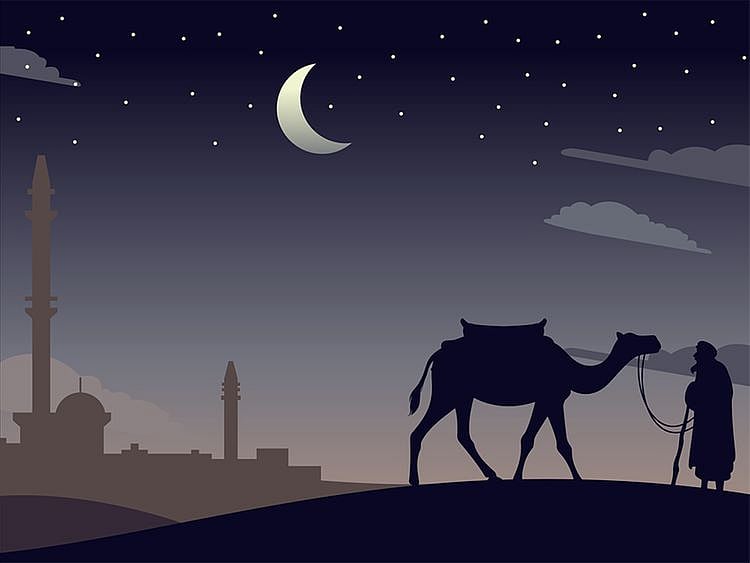Ramadan Kareem or Ramadan Mubarak?
What is the most acceptable form of greeting in the UAE?

DUBAI: With Ramadan now upon us, it’s time to say Ramadan Kareem. Or should we say Ramadan Mubarak? Or as Khaled Boudemagh, a Dubai-based language expert, puts it, “Bon Ramadan”?
“In France, where I come from, that’s what they simply say, meaning Good Ramadan,” Boudemagh said.
“Ramadan is celebrated across the world by more than a billion Muslims. The holy month is one of the most awaited events of the year. The way people greet each other would obviously change depending on the spoken language. However in the UAE, Ramadan Kareem [generous Ramadan] or Ramadan Mubarak [blessed Ramadan] is generally used,” he added.
There are some who even say Happy Ramadan. So what is the most acceptable form of greeting? Is there an established norm? And when is the best time to greet someone?
Emirati Khadija Ahmed Behzad, founder of the Meet the Locals group, said: “In Arabic, we usually say ‘Mubarak Alaikum Al Shahar’ or ‘may this month be a blessed one’.”
With people from a myriad nationalities visiting and residing in the UAE, Behzad said Muslims are exposed to different forms of greetings.
“We accept good wishes in all forms. This is the Year of Tolerance. Islam also stresses on people’s freedom to practise their own religions. The important thing is to be kind, courteous and good-mannered,” she added.
As for the timing of the greeting, Behzad said the ideal time to wish someone is before Ramadan begins. “But we don’t meet everyone earlier. So it’s okay to wish them when you do even during the holy month.”
Boudemagh said: “People greet each other when Ramadan has officially been announced the night before starting the fast. Ramadan is a month of generosity, therefore wish Kareem. Muslims help each other and give sadaqa or zakat [forms of charity] more during this month for spiritual reasons. At the end of Ramadan, on Eid Al fitr and after morning prayer, we say Eid Mubarak, meaning ‘blessed festival’. Muslims generally visit their family, friends during the three days to wish them a blessed Eid. In both cases, we also wish them a good year ahead [Kul sana’ wa antoum bikhayr].”
Sign up for the Daily Briefing
Get the latest news and updates straight to your inbox
Network Links
GN StoreDownload our app
© Al Nisr Publishing LLC 2026. All rights reserved.